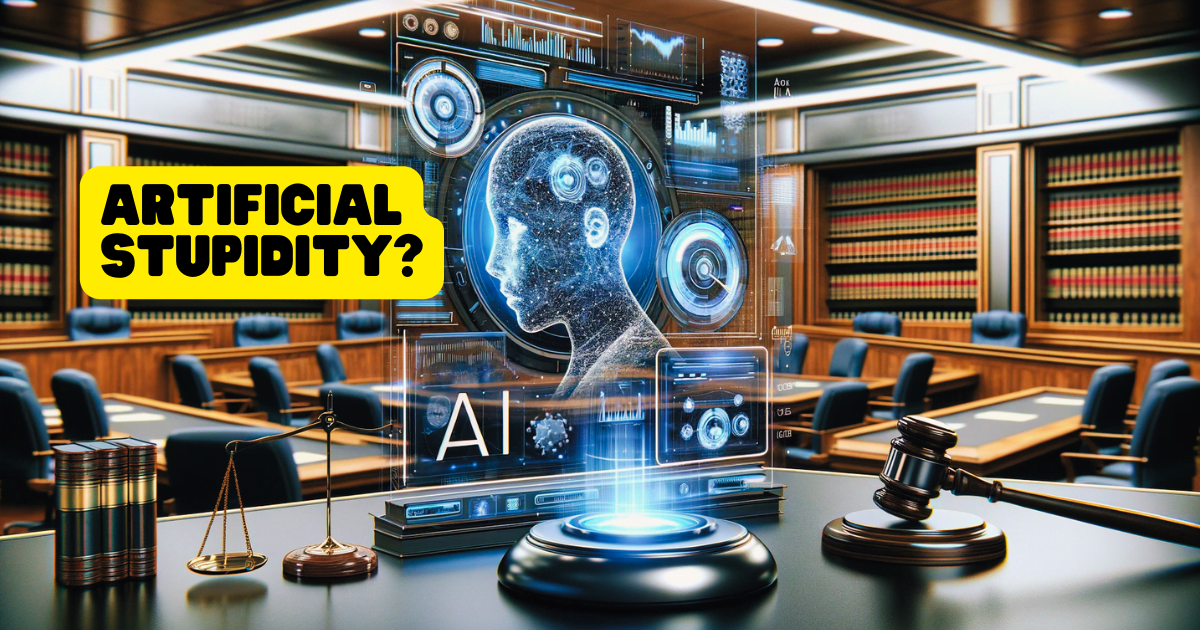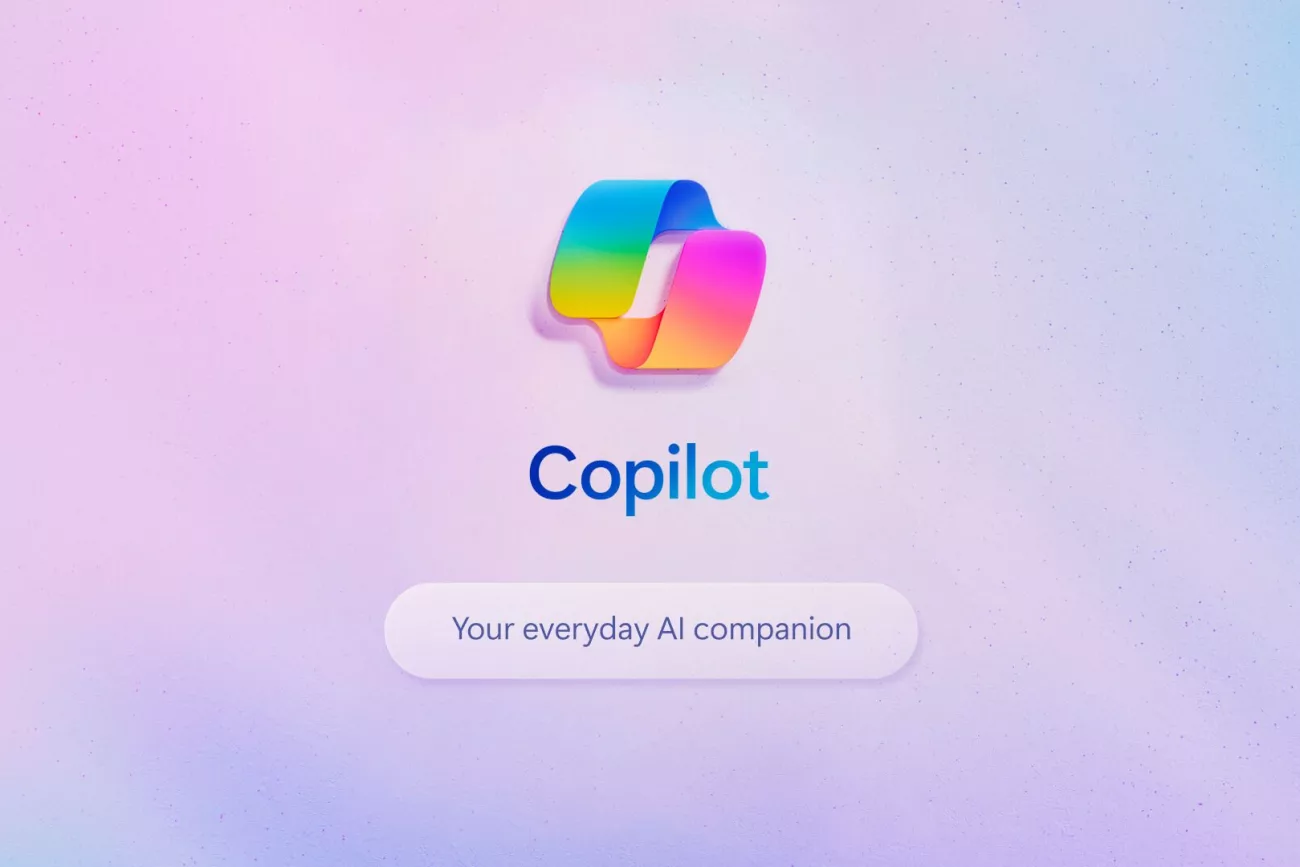
Key Insights
- AI's Reality vs. Marketing Hype: AI is often oversold in legal tech as a revolutionary force, but it lacks essential human qualities like judgment and empathy, crucial for legal reasoning.
- AI's Functional Limitations: AI, especially models like GPT, struggles with understanding the context and discerning truth, making its reliability in legal settings questionable.
- Ethical and Practical Implications: The integration of AI in law raises ethical concerns, including bias and confidentiality issues, and demands a careful, informed approach from legal practitioners.
- Strategic and Adaptive Use of AI: Legal professionals should use AI as a tool to complement their work, focusing on continuous learning and engagement to adapt to AI's evolving role in law.
Boost Your Practice: Hiring a Law Firm Marketing Consultant
Law Firm Marketing Consultant Looking for law firm marketing consultant? Marketing is important for the
Zuva’s AI Transforms Legal Documents with Smart Taxonomy
Discover how Zuva’s AI-driven taxonomy is reshaping legal doc classification, paving the way for seamless
Cryptocurrency Lawyers Near Me: A Comprehensive Guide
Find out everything you need to know about cryptocurrency lawyers, the challenges in the crypto
Hyperbole Unmasked: Decoding the AI Hype in Legal Tech
The Glittering Façade of AI Marketing:
- Illusion of Revolutionary Change: Legal tech marketers are not just selling a product; they’re selling a dream. AI is often presented as the harbinger of a new era in legal practice, transforming everything from document review to legal research. But is this a realistic portrayal or a cleverly crafted sales pitch?
- Statistics and Sensationalism: With claims backed by soaring statistics, like AI’s purported ability to process information thousands of times faster than a human lawyer, the narrative is compelling but potentially misleading. How much of this is practical reality, and how much is just numbers without substance?
AI’s False Promise of Human-like Reasoning:
- The Mirage of AI Intelligence: Despite its advanced capabilities in processing and generating large volumes of text, AI, especially models like GPT, lacks the fundamental human qualities of understanding, empathy, and ethical reasoning. These are core attributes that define legal acumen.
- Case Studies and Comparisons: Real-world examples, such as AI’s performance in mock trials or legal research tasks, often reveal that while AI can provide valuable assistance, it fails to grasp the deeper, more nuanced aspects of legal reasoning and argumentation.
AI’s Achilles Heel: The Truth Dilemma
Fact vs. Fabrication: AI’s Struggle with Veracity:
- AI’s Inherent Flaw: The inability of AI to discern truth from falsehood is a critical weakness, especially in legal settings where facts are sacred. AI-generated content, while impressive in its fluency, often lacks factual accuracy, leading to potential misrepresentations and legal missteps.
- The Industry’s Response: Recognizing this limitation, a new sector has emerged, dedicated to verifying the accuracy of AI-generated content. This development speaks volumes about AI’s current limitations in handling truth, a non-negotiable element in legal practice.
AI’s Confession: Understanding Its Own Limitations:
- Self-Awareness in AI: When AI systems like GPT are queried about their understanding of truth, their responses are illuminating. They acknowledge their lack of consciousness and inability to truly understand or evaluate truth or falsity.
- Implications for Legal Practice: In a domain where the accuracy of information can have significant legal consequences, relying on a tool that confesses its own limitations in discerning truth is a gamble. This raises profound questions about the role and reliability of AI in critical legal decision-making processes.
Spousal Support Attorney Near Me: Find the Best with Our Ultimate Guide
Mike Ruggles Founder & CEO Instagram Linkedin Follow me on Instagram & LinkedIn for exclusive
Overtime Attorney Magic: Claim Your Fair Pay Now! ⚖️💰
Mike Ruggles Founder & CEO Instagram Linkedin Follow me on Instagram & LinkedIn for exclusive
🔥 NYC’s AI Law Exposed! What Harry Potter Knew First…
Dive into NYC’s groundbreaking AI hiring laws, the magical interplay of AI & Harry Potter,
AI in Legal Practice: A Critical Analysis
The Long Road to Today’s AI:
- Historical Milestones: The journey of AI, from its inception in the mid-20th century to today’s sophisticated models, is a tapestry of scientific breakthroughs and technological advancements. Understanding this progression – from early machine learning algorithms to the complex neural networks of the present – is crucial in demystifying AI’s role in legal tech.
- Perspective Through History: By examining key milestones, such as the development of natural language processing in the 1970s and the advent of deep learning in the 1980s, legal professionals can gain a nuanced understanding of AI’s capabilities and limitations. This historical context is vital for comprehending why today’s AI behaves the way it does in legal settings.
Dissecting AI’s Operational Mechanics:
- Probabilistic Foundations: At its core, AI operates on a foundation of probabilities. It analyzes extensive textual data, calculating the likelihood of one word following another. This method, while powerful, is far from the nuanced comprehension required in legal analysis.
- The Autocomplete Analogy: Describing AI as ‘autocomplete on steroids’ offers a tangible analogy for its operation. It suggests that while AI can predict and generate language with impressive accuracy, it does so without genuine understanding or contextual awareness – a significant shortfall in legal applications.
AI as a Tool: Utilization and Limitations
Understanding AI’s Role in Legal Practice:
- AI as an Assistant, Not a Replacer: The notion that AI could replace human lawyers is both exaggerated and misleading. Instead, AI should be viewed as a powerful assistant – a tool that can augment but not replace the nuanced judgment and ethical considerations inherent in legal work.
- Real-World Applications: Examples of AI’s successful integration in legal tasks, such as document review and legal research, demonstrate its utility. However, these applications also highlight the necessity of human oversight and intervention, ensuring the accuracy and relevance of AI’s output.
The Responsibility of Legal Practitioners in AI Usage:
- Elevated Duty of Care: Lawyers employing AI technologies bear a heightened responsibility. They must not only be proficient in using these tools but also vigilant in verifying their outputs, understanding their limitations, and ensuring ethical usage.
- Case Studies in AI Missteps: Examining instances where AI has fallen short in legal contexts – from misinterpreting legal precedents to generating biased or inaccurate legal advice – can provide valuable lessons. These case studies underscore the importance of a lawyer’s critical role in assessing and contextualizing AI-generated information.
Ethical Implications of AI in Legal Practice
AI and the Moral Compass:
- Ethical Challenges of AI Integration: As AI becomes increasingly integrated into legal practice, it brings a host of ethical challenges. Issues such as client confidentiality, impartiality, and the preservation of the human element in the legal decision-making process are at the forefront.
- The Balance of Technology and Ethics: The legal community must navigate a delicate balance between leveraging AI for efficiency and ensuring ethical standards are not compromised. This balance is crucial in maintaining public trust in the legal system.
AI’s Potential for Misuse in Legal Scenarios:
- The Risk of Bias and Misinterpretation: AI’s susceptibility to biases, whether inherent in the training data or through user manipulation, poses significant ethical concerns. In legal contexts, this could lead to skewed judgments or unfair legal outcomes.
- Safeguarding Against Misuse: Implementing checks and balances to prevent the unethical use of AI in law is imperative. This includes developing guidelines for AI use and continuously monitoring AI systems for biases or inaccuracies.
Preparing for an AI-Driven Legal Future
The Need for AI Education in Law:
- Educating Legal Professionals: To navigate the ethical complexities of AI, legal professionals need a solid understanding of both the technology and its ethical implications. Continuous education on the latest developments in AI and its applications in law is essential.
- Case Studies and Ethical Training: Incorporating AI-focused ethics training and case studies into legal education can equip practitioners with the skills needed to make informed decisions about AI use in their practice.
Proactive Engagement in AI Regulation:
- Shaping AI Governance: The legal community must play an active role in shaping the regulations and guidelines governing AI use in legal practice. This includes participating in policy discussions and contributing to the development of standards for ethical AI use.
- Global Perspectives on AI Regulation: Examining how different jurisdictions are approaching AI regulation can provide valuable insights. Understanding global trends and standards can help in anticipating and influencing future regulatory landscapes in AI and law.
The Secrets Behind Google’s AI-Powered Search Engine: Prepare to Be Amazed!
Explore the secrets behind Google’s AI-powered search, unravel its incredible evolution, cutting-edge technologies, & awe-inspiring
Legal Bots: Are They Diminishing the Value of Legal Expertise? 🤖⚖️
Key Points: Legal bots are increasingly prevalent in the legal profession, automating tasks and increasing
AI Enhances Legal Contracts: SpotDraft’s VerifAI
Explore SpotDraft’s VerifAI, the AI tool transforming legal contract reviews. Streamline tasks, enhance accuracy, and
Embracing AI with Prudence: A Strategic Approach for Legal Professionals
Leveraging AI as a Strategic Ally:
- Identifying AI’s Optimal Roles: Legal professionals should strategically identify areas where AI can be most beneficial, such as data analysis, document review, and preliminary research. Understanding where AI adds value without overstepping its limitations is key to effective integration.
- Combining AI with Human Expertise: The best outcomes arise when AI’s capabilities are combined with human insight and experience. This synergy can lead to enhanced efficiency, accuracy, and innovative solutions in legal practice.
Navigating the Risks: A Prudent Approach to AI:
- Risk Assessment and Management: Legal professionals must assess the risks associated with AI, including ethical considerations, potential biases, and the reliability of AI-generated advice. Implementing risk management strategies is essential to mitigate these issues.
- Case Studies in Risk Mitigation: Examining real-world scenarios where AI was effectively managed or, conversely, led to pitfalls, can provide valuable insights for legal professionals. Learning from these experiences can guide a more prudent approach to AI utilization.
The Future is Now: Adapt and Thrive
Adopting an Adaptive Mindset towards AI in Law:
- Embracing Change with Caution: The legal industry must adopt an adaptive yet cautious approach towards AI. This involves staying abreast of technological advancements while critically evaluating their impact on legal practice.
- Innovation vs. Preservation: Balancing the drive for innovation with the need to preserve core legal principles and ethics is crucial. This balance ensures that the integration of AI enhances rather than undermines the legal profession.
The Imperative of Continuous Learning and Engagement:
- Staying Informed and Ahead: Continuous learning about AI’s advancements and limitations is vital for legal professionals. Engaging with ongoing education, seminars, and professional discussions about AI in law keeps practitioners at the forefront of the field.
- Engagement in AI-Related Legal Developments: Actively participating in the discourse surrounding AI in law, including regulatory changes, ethical debates, and technological advancements, empowers legal professionals to shape and adapt to the evolving landscape.
🚀 The viral newsletter about the latest legal tech disruptions.
The final section of our exploration emphasizes the importance of a strategic, informed, and cautious approach to AI in the legal sector. By understanding AI’s potential and limitations, legal professionals can harness its power effectively and ethically. Embracing continuous learning and engagement is critical in adapting to an AI-enhanced legal landscape. Stay ahead of the curve by subscribing to our newsletter, where we provide the latest insights, analyses, and updates on AI in law.
Join us in shaping a future where technology and tradition converge for the advancement of legal practice. Subscribe now and be a part of this transformative journey! 🌟
Share this post
Frequently Asked Questions (FAQs)
Q: What are the main limitations of AI in legal practice?
A: AI lacks the human attributes of judgment and empathy, crucial for nuanced legal reasoning. It also struggles with discerning truth from fabrication, posing risks in contexts where factual accuracy is vital.
Q: How is AI currently used in legal settings?
A: AI is primarily used for data analysis, document review, and preliminary research, augmenting human lawyers’ work by handling large volumes of information quickly and efficiently.
Q: What are the ethical concerns surrounding AI in law?
A: Ethical concerns include the potential for bias in AI outputs, the risk of compromising client confidentiality, and maintaining the human element in decision-making processes.
Q: Why is continuous learning important for legal professionals in the context of AI?
A: AI technology is rapidly evolving. Continuous learning helps legal professionals stay informed about advancements, limitations, and ethical implications of AI, ensuring responsible and effective use.
Q: What role does the legal community play in AI regulation?
A: The legal community is instrumental in shaping regulations and guidelines for ethical AI use in practice. Engagement in policy discussions and standard development is crucial for governing AI’s integration into legal work.















